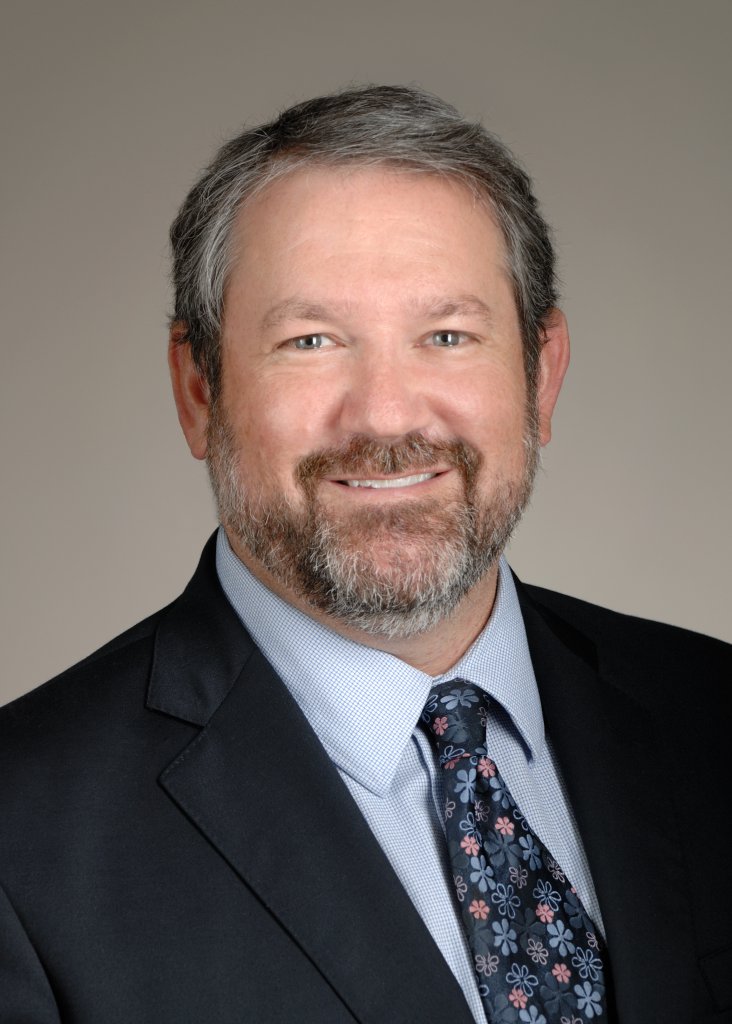
Meet BSF Board of Governors – Dr. Joshua Gordon
New BOG member at the vanguard of mental health research

As Director of the National Institute of Mental Health (NIMH), the lead federal agency for research on mental disorders in the United States, Dr. Joshua Gordon oversees an extensive portfolio of basic and clinical research that seeks to transform the understanding and treatment of mental illnesses. He is about to expand his outlook even further, since he has been named one of the newest members of BSF’s Board of Governors (BOG).
As a BOG member, he will encourage future partnerships between Israeli and American neuroscience specialists, at a time of wide-ranging growth in both public awareness and scientific research relating to mental illness.
“Since there are so many neuroscientific advancements coming out in Israel, the consensus at the NIMH was that this is a great opportunity for us, and I agreed,” said Gordon, who was appointed late last year to the BOG.
Though he is new to the BOG, he has visited Israel several times, and has had many contacts with Israeli scientists during his career.
“Israel is a powerhouse when it comes to neuroscience,” Gordon said. “I have always been impressed by the degree of quality coming from Israeli scientists and researchers. And there is also a real sense they want scientific collaboration with other nations.”
To Israeli scientists, it’s quite prestigious to receive a BSF grant. As a BOG member, Gordon will get a closer look at the work of applicants hoping to receive future grants.
“I know that there is a lot of competition for grants among Israeli scientists, and I am really looking forward to seeing what applicants in the neurosciences are proposing and working on,” Gordon said.
Along with producing talented scientists, Gordon said Israel has also developed an excellent infrastructure that recognizes the need for neuroscientific advancements and studies.
“In areas like trauma and PTSD, Israel has conducted studies that have gained interest not only in the United States, but all over the world,” Gordon said. “In Israel, there is a deep commitment to recognizing and treating mental illnesses.”
Though he was always fascinated by the brain (he loved watching the PBS show Nova as a kid), Gordon’s own path to a career in neuroscience wasn’t crystalized until he got to college.
Dr. Gordon pursued a combined M.D.-Ph.D. degree at the University of California, San Francisco (UCSF). Medical school coursework in psychiatry and neuroscience convinced him that the greatest need, and greatest promise, for biomedical science was in these areas. He arrived at this conclusion not only from reading medical texts, but also by reading Fyodor Dostoevsky’s Crime and Punishment.
“I had an amazing professor who taught that novel as a case study in Freudian science,” Gordon said.

The book’s lead character, Rodion Romanovitch Raskolnikov, faces profound mental anguish and moral confusion as he plans to kill an unscrupulous pawnbroker for her money. Gordon became fascinated with the ways Raskolnikov wrestled with his inner conflicts. To this day, he still loves fiction by Dostoevsky, Chekov and Kafka – writers famous for exploring the psychological make-up of their characters.
“I love those types of novels, even though I don’t get enough time to read them,” Gordon said.
When he does get some free time, he loves bicycling – a great way to get the endorphins going (or, to put it in less scientific terms, to clear your head.)
Though Gordon might not have a lot of free time, his devotion to neuroscience has made him an undisputed leader in his field. During his Ph.D. thesis with Dr. Michael Stryker, Dr. Gordon pioneered the methods necessary to study brain plasticity. Upon completion of the dual degree program at UCSF, Gordon went to Columbia University for his psychiatry residency and research fellowship. Working with Dr. Rene Hen, Gordon and colleagues studied the role of the hippocampus, a brain structure known to be important for memory and emotional processes associated with anxiety and depression. He joined the Columbia faculty in 2004 as an assistant professor in the Department of Psychiatry.
Dr. Gordon’s research focuses on the analysis of neural activity in mice carrying mutations of relevance to psychiatric disease. His lab studied genetic models of these diseases from an integrative neuroscience perspective, focused on understanding how a given disease mutation leads to observable behavioral characteristics in those who have a particular disease mutation. To this end, he employs a range of neuroscience techniques, including in vivo imaging, anesthetized and awake behavioral recordings, and optogenetics, which is the use of light to control neural activity. His research has direct relevance to schizophrenia, anxiety disorders, and depression.
In addition to his research, Gordon was an associate director of the Columbia University/New York State Psychiatric Institute Adult Psychiatry Residency Program, where he directed the neuroscience curriculum and administered research training programs for residents. He also maintained a general psychiatric practice.
His work has been recognized by several prestigious awards, including the Brain and Behavior Research Foundation – NARSAD Young Investigator Award, the Rising Star Award from the International Mental Health Research Organization, the A.E. Bennett Research Award from the Society of Biological Psychiatry, and the Daniel H. Efron Research Award from the American College of Neuropsychopharmacology.
Gordon joins the BOG at a time of enormous promise for mental health research. The NIMH’s budget has been increased, and Israel has also committed to increasing support of Israeli scientists in many fields, including the neurosciences.
“I see this as a time of great opportunity,” he said. “I look forward to working with BSF to promote scientific partnerships between Israel and the United States.”
